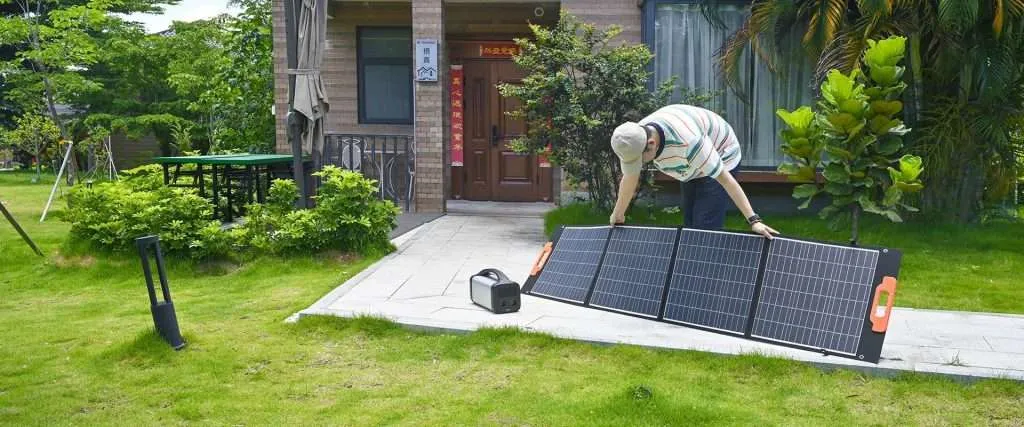Solar power is a rapidly growing industry and many people are now making the switch to solar energy to power their homes and businesses. But with so many different solar panel systems to choose from, it can be hard to know which one is right for you. One option that has been gaining popularity is the hybrid solar system. In this blog, we’ll take a closer look at what hybrid solar systems are, how they work, and the benefits they can offer. We’ll also share a real-life case study to help illustrate the advantages of using a hybrid solar system.
What is a hybrid solar system?
A hybrid solar system is a type of solar panel system that combines the best of both worlds: solar power and traditional grid electricity. In a hybrid system, solar panels are installed on the roof or on a nearby property and connected to an inverter, which converts the DC power generated by the panels into AC power that can be used to power your home. But unlike a traditional grid-tied solar system, a hybrid system also includes a battery bank, which stores excess energy generated by the solar panels during the day for use at night or during times of high energy demand. This allows the homeowner to have a more reliable and stable source of power, even during power outages or when the grid is overloaded.
How do hybrid solar systems work?
The solar panels on a hybrid system generate power during the day, which is used to power the home or business. Any excess energy is stored in the battery bank for later use. When the sun goes down and the solar panels stop generating power, the battery bank kicks in to provide power to the home or business. The hybrid system also includes a grid-tie inverter, which allows the homeowner to switch between using solar power, grid power, or a combination of the two, depending on their needs.
Case Study: A Hybrid Solar System for a Rural Farm
One real-life example of a hybrid solar system in action is a rural farm in the Midwest. The farm was located in an area with limited access to the grid and frequent power outages. The owners of the farm wanted a reliable and sustainable source of power to keep their farm running smoothly. They installed a hybrid solar system with a 15-kW solar array and a 20-kWh battery bank. The system was connected to the grid and included a backup generator as a fail-safe.
The hybrid system has been a great success for the farm. The solar panels generate enough power to cover most of the farm’s energy needs during the day, while excess energy is stored in the battery bank for use at night. The system has also helped the farm save money on their energy bills and reduce their carbon footprint. Additionally, during times of power outages or grid failures, the battery bank kicks in to provide power to the farm and keep things running smoothly.
Benefits of Hybrid Solar Systems
There are several benefits to using a hybrid solar system:
Increased energy independence: With a hybrid solar system, you are not completely reliant on the grid for your energy needs. This can provide peace of mind in the event of a power outage or grid failure.
Lower energy bills: A hybrid system can help you save money on your energy bills by generating your own power and storing excess energy for later use.
Reduced carbon footprint: By using solar power to generate electricity, you are reducing your reliance on fossil fuels and helping to reduce your carbon footprint.
Increased home value: A hybrid solar system can increase the value of your home or business, as it is considered a valuable and sustainable asset.
Hybrid solar systems offer a unique and effective way to power a home or business with renewable energy. These systems combine traditional solar panels with other energy sources, such as wind turbines, water turbines, or battery storage, to create a diverse source of energy. By combining multiple sources, hybrid solar systems can provide a more reliable and efficient energy supply than any single source could provide. Additionally, hybrid solar systems are often more cost-effective and can be tailored to meet the unique needs of any home or business. This guide provides an overview of the benefits and considerations of a hybrid solar system.












